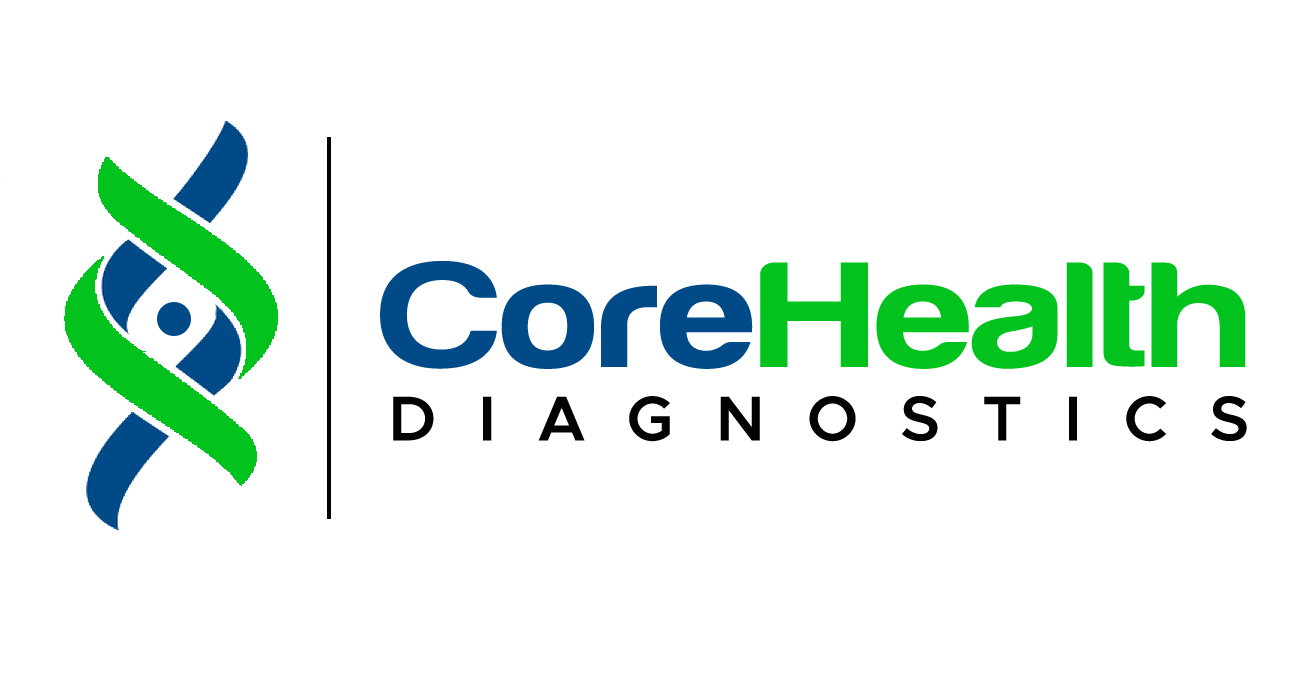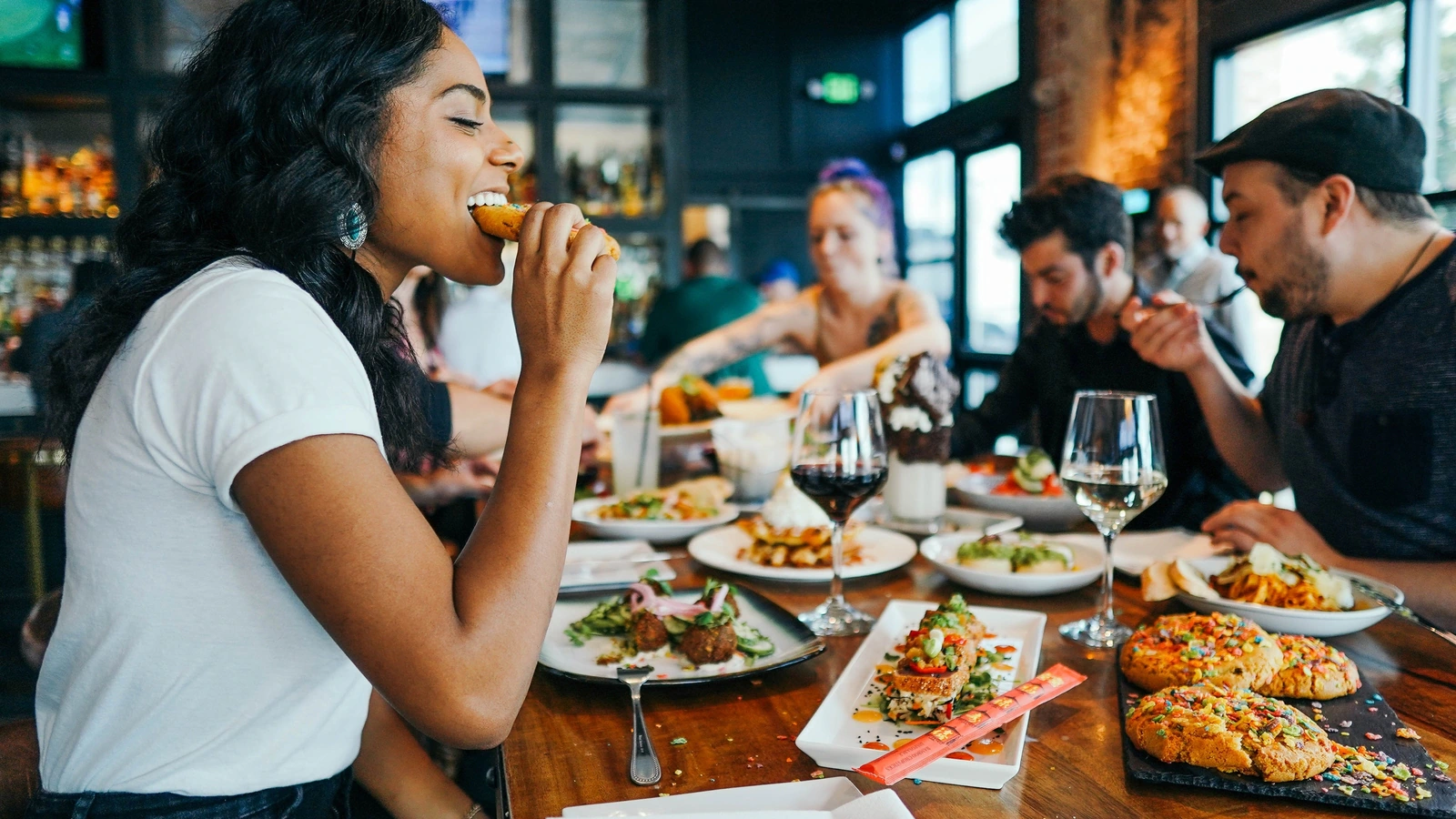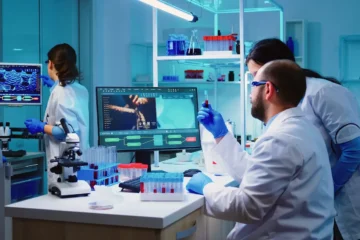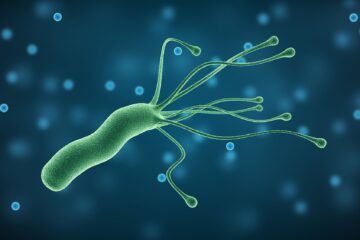Diet plays a crucial role in overall health, including cancer risk. While no single food causes cancer on its own, certain foods have been associated with increased cancer risk due to their chemical properties or effects on the body.

Here’s an in-depth exploration of some of the top cancer-causing foods worldwide.
1. Processed Meats
Examples: Hot dogs, sausages, bacon, ham, and deli meats.
Why They’re Risky: Processed meats are often preserved with nitrates and nitrites, chemicals that can convert into carcinogenic compounds such as nitrosamines during digestion. Studies from the World Health Organization (WHO) and other health agencies have consistently linked processed meats to an increased risk of colorectal cancer.
The risk is thought to arise from both the chemicals used in processing and the high content of heme iron in red meats.
Impact on Health: Regular consumption of processed meats is associated with a higher risk of developing colorectal cancer, with some studies indicating that consuming 50 grams of processed meat daily can increase the risk by 18%.
The risk is thought to be amplified by high cooking temperatures, which can create additional harmful substances.
2. Red Meat
Examples: Beef, pork, lamb, and veal.
Why It’s Risky: Red meat contains heme iron, which can promote the formation of harmful compounds when digested. Additionally, cooking red meat at high temperatures (grilling, barbecuing, or pan-frying) can produce carcinogens like heterocyclic amines (HCAs) and polycyclic aromatic hydrocarbons (PAHs).
Both HCAs and PAHs have been found to cause cancer in animal studies and are considered probable human carcinogens.
Impact on Health: High consumption of red meat has been linked to an increased risk of colorectal cancer. Epidemiological studies suggest that consuming more than 100 grams of red meat per day may increase cancer risk by 20% to 30%. The risk is particularly high for those who consume large amounts regularly.
3. Sugary Beverages
Examples: Soft drinks, fruit juices, energy drinks, and sweetened teas.
Why They’re Risky: Sugary beverages contribute to obesity, a known risk factor for various cancers, including breast, colorectal, and pancreatic cancers.
Excessive sugar intake leads to weight gain and insulin resistance, both of which are linked to increased cancer risk. Additionally, sugary drinks provide little nutritional value, which can contribute to overall poor dietary habits.
Impact on Health: Studies have shown that frequent consumption of sugary beverages is associated with a higher risk of developing cancer.
The increased caloric intake and resulting weight gain can significantly elevate cancer risk, particularly in cancers associated with obesity.
4. Refined Carbohydrates
Examples: White bread, pastries, sugary cereals, and other processed grain products.
Why They’re Risky: Refined carbohydrates, such as those found in white bread and sugary pastries, can lead to rapid spikes in blood glucose and insulin levels. These fluctuations contribute to insulin resistance and inflammation, both of which are linked to cancer development. Refined carbs also lack fiber, which is protective against colorectal cancer.
Impact on Health: Diets high in refined carbohydrates have been associated with an increased risk of several cancers, including breast, colorectal, and pancreatic cancers. The absence of fiber and the impact on blood sugar levels can make these foods particularly problematic for cancer risk.
5. High-Salt Foods
Examples: Salted snacks, canned soups, processed cheeses, and certain canned vegetables.
Why They’re Risky: High salt intake can damage the lining of the stomach, increasing susceptibility to Helicobacter pylori infection, a bacterium linked to stomach cancer.
Additionally, excessive salt can lead to high blood pressure, which is a risk factor for several types of cancer. The preservation of foods with high amounts of salt can also contribute to cancer risk.
Impact on Health: Consuming large amounts of salt has been linked to an increased risk of stomach cancer. The risk is particularly pronounced in populations with high salt diets and those who consume large quantities of processed foods.
6. Fried Foods
Examples: French fries, fried chicken, doughnuts, and other deep-fried items.
Why They’re Risky: Frying foods at high temperatures produces acrylamide, a chemical compound that is a known carcinogen.
Acrylamide forms from the reaction between sugars and the amino acid asparagine when foods are cooked at high temperatures. Studies have linked acrylamide exposure to an increased risk of several cancers, including breast, ovarian, and endometrial cancers.
Impact on Health: Regular consumption of fried foods can significantly increase cancer risk due to the presence of acrylamide. Additionally, fried foods are often high in unhealthy fats, which can contribute to obesity and its associated cancer risks.
7. Artificial Sweeteners
Examples: Aspartame, saccharin, sucralose, and cyclamate.
Why They’re Risky: The research on artificial sweeteners is mixed, with some studies suggesting potential links to cancer.
Aspartame, in particular, has been scrutinized for its potential carcinogenic effects. While regulatory agencies like the FDA consider artificial sweeteners to be safe at recommended levels, some studies indicate a potential increased risk of cancer, especially with high or prolonged exposure.
Impact on Health: While more research is needed, concerns have been raised about the long-term consumption of artificial sweeteners and their potential impact on cancer risk.
Some studies have suggested that high doses could contribute to cancer, though regulatory bodies generally deem them safe when consumed within established limits.
Conclusion
Understanding the relationship between diet and cancer is essential for making healthier choices. While no single food guarantees cancer, certain foods have been associated with an increased risk due to their chemical composition, preparation methods, or effects on the body. Moderation, balanced eating, and avoiding excessive consumption of these risk foods can contribute to a lower overall cancer risk.
Adopting a diet rich in fruits, vegetables, whole grains, and lean proteins can provide protective benefits against cancer. By being mindful of these dietary factors and making informed choices, you can better manage your health and reduce your risk of cancer.




